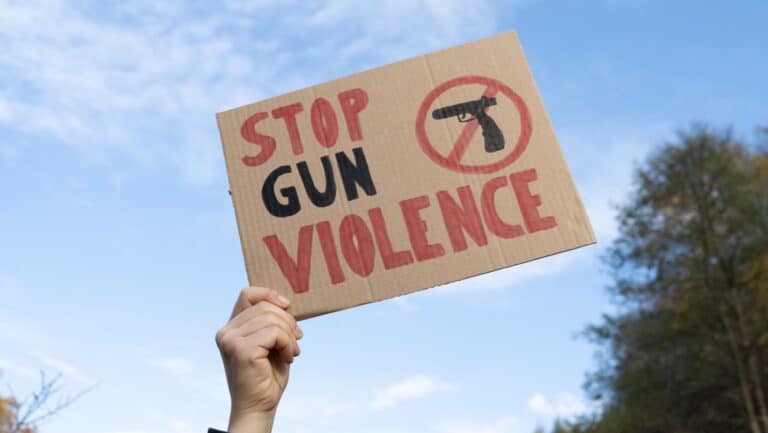What Happens When You Quit Social Media? Insights from Weeks-Long Detoxes
Have you ever wondered what it would be like to step away from your Facebook, Instagram, X, and all the other social platforms that are omnipresent in our daily lives? It might seem impossible to imagine a day without a quick scroll through your feeds, but several studies have asked just that—what happens when you give up all social media for weeks at a time? The results are as surprising as they are enlightening, and they might just make you rethink your digital habits.
The Digital Detox Experiment

Imagine waking up one morning, coffee in hand, and deciding that for the next few weeks, you’re going to disconnect from the digital noise. That’s exactly what a number of researchers set out to explore. Participants in these studies weren’t simply cutting back; they were entirely removing the digital distractions that many of us have come to rely on. The idea was to see if, without the constant ping of notifications and the endless scroll of curated content, people might experience a shift in their moods, behaviors, and even relationships.
Could You Do It?
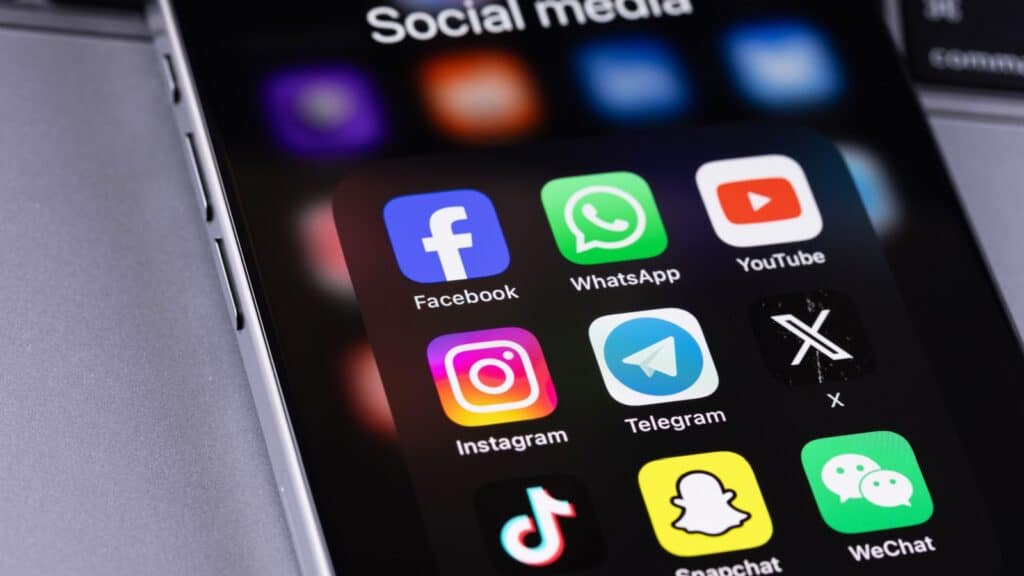
One of the most well-known experiments in this area was a multi-week social media detox where participants were asked to delete all of their social networking apps from their phones and computers. At the outset, many felt anxious—almost as if they were giving up a part of their identity. Social media, after all, has become a major conduit for social connection, news, and even professional networking. But as the weeks went on, something interesting happened.
A Boost in Mental Wellbeing
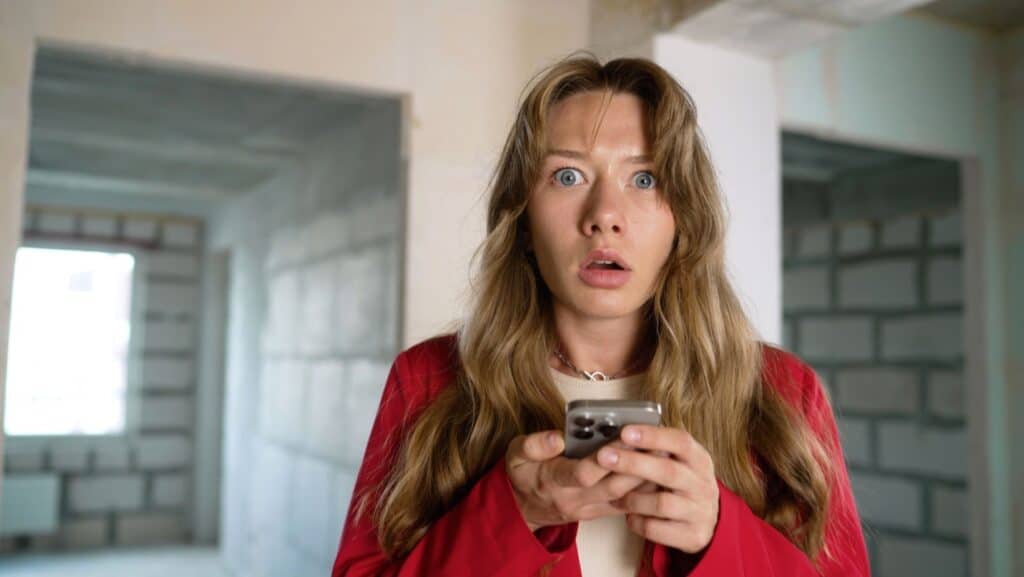
A recurring theme in these studies is the positive impact on mental health. Initially, a lot of people report feelings of withdrawal. Think of it as caffeine withdrawal: your brain is used to getting a hit of dopamine every time you see a like, a comment, or a new post. But after that initial period of discomfort, many participants begin to notice a reduction in anxiety and stress. Freed from the pressure to constantly compare their lives with others or to seek validation through likes and comments, many find themselves enjoying a clearer headspace.
Positive Experiences

One study even found that after several weeks without social media, participants reported feeling more content, less distracted, and even more present in their day-to-day activities. This makes sense when you consider that the endless barrage of curated images and headlines can sometimes leave us feeling inadequate or overwhelmed. Without that constant comparison, there’s room to just be—without judgment or the need for external approval.
Rediscovering Real-Life Connections

Another interesting outcome of these detox studies was the way in which people reconnected with the world around them. Without the pull of virtual notifications, participants had more time—and more mental space—to engage in face-to-face interactions.
Live Your REAL Life!
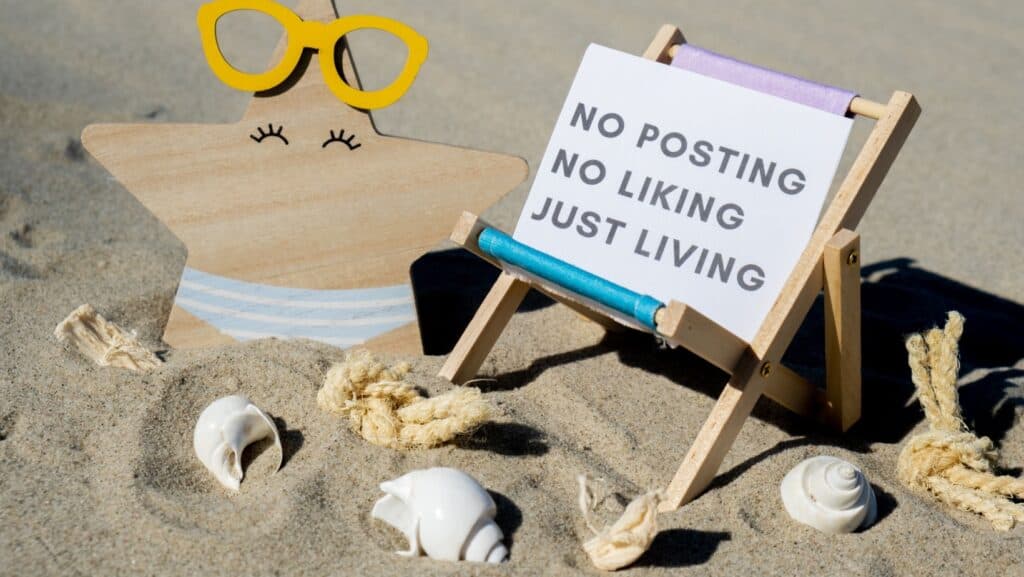
Conversations became deeper and more meaningful when they weren’t interrupted by the buzzing of a phone or the lure of the next online update.
A World Opens Up

Many people started exploring hobbies that had been gathering dust. Reading a book, going for a walk, or even picking up a long-forgotten musical instrument became part of the new routine. The absence of social media also meant that participants had to find new ways to entertain themselves, often leading them to discover creative outlets or simply enjoy the silence that many of us rarely experience.
Improved Productivity and Focus
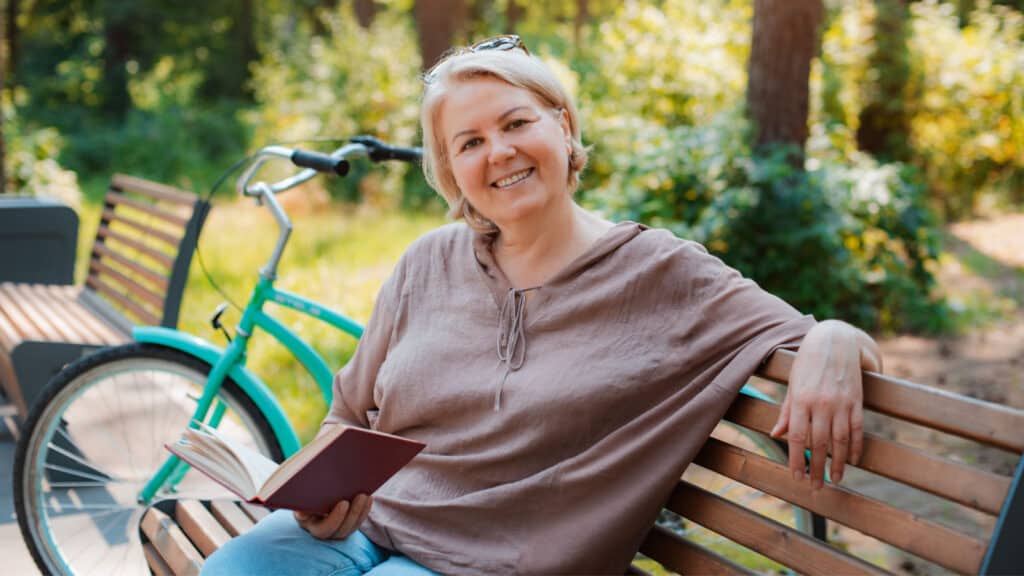
Without the constant distractions of social media, another frequently cited benefit was an increase in productivity. One study showed that when participants were not constantly checking their notifications, they were able to focus better on work or personal projects. It seems that without the lure of the digital world, people found themselves more capable of entering what some researchers call a “flow state”—that zone where creativity and productivity really take off.
Imagine sitting at your desk and not being interrupted by the urge to check your phone every few minutes. Instead of breaking your concentration, you get lost in your work, ideas flow more freely, and your overall sense of accomplishment increases. This isn’t to say that social media is inherently bad for productivity, but it does highlight how much our attention is fragmented when we’re constantly switching between digital tasks.
The Challenges of Digital Withdrawal

Of course, it wasn’t all smooth sailing. In the early days of a social media fast, many participants reported feelings of boredom and even a bit of loneliness. After all, when you remove one of your primary means of staying connected, there’s bound to be an adjustment period. Some people experienced what researchers termed “digital withdrawal”—a period during which the absence of regular updates and virtual interactions made them feel a bit isolated.
But here’s where it gets interesting: as the weeks went on, these feelings often subsided. Participants learned to cope with the quiet and even began to appreciate the benefits of having downtime. Instead of mindlessly scrolling through endless posts, many took the time to reflect, meditate, or engage in mindfulness practices. In a way, the detox forced them to confront their inner thoughts and feelings, leading to greater self-awareness and personal growth.
Social Media: A Double-Edged Sword

It’s important to note that while the studies generally painted a positive picture of a social media hiatus, the effects aren’t universal. For some, social media is a lifeline—a crucial way to stay in touch with distant family members, friends, or even support communities. Giving it up entirely can create a sense of disconnection, particularly for those who rely on these platforms to feel part of a community.
This duality is at the heart of the digital age. Social media offers incredible opportunities for connection, learning, and entertainment, but it also comes with pitfalls. The studies on social media detoxes don’t necessarily suggest that we should all throw our smartphones in the ocean, but rather that a balance is needed. A digital detox can be a useful tool to recalibrate our relationship with technology, helping us find that sweet spot where we benefit from being connected without being overwhelmed.
Practical Takeaways from the Studies
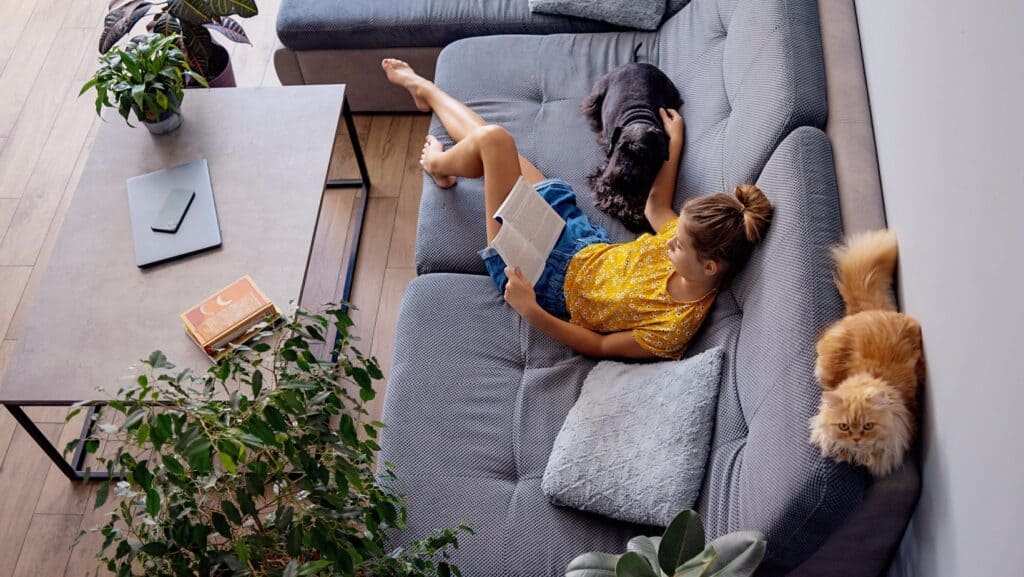
If you’re considering a social media break yourself, here are a few practical tips inspired by these studies:
- Plan Ahead: Before you delete your apps, set some clear goals for what you hope to achieve. Are you looking to reduce anxiety? Increase productivity? Improve your sleep? Knowing your “why” can help you stay motivated.
- Replace the Habit: Identify activities you enjoy and schedule time for them. Whether it’s reading, exercising, or simply taking a walk, having a go-to activity can ease the transition.
- Stay Connected Offline: Make plans to meet friends and family in person. This can help mitigate feelings of isolation and remind you of the value of real-life interactions.
- Reflect on Your Experience: Keep a journal during your detox. Write down your feelings, challenges, and any positive changes you notice. This reflection can be incredibly insightful and help you decide if a longer-term adjustment in your social media habits is needed.
- Ease Back In Slowly: When you’re ready to return, consider setting limits on your usage. You might decide to keep your phone on silent during certain hours or designate specific times for checking your feeds.
In Conclusion

The studies on giving up social media for weeks offer a fascinating glimpse into how much our digital habits shape our lives. While there are certainly challenges in disconnecting from platforms that have become integral to our social lives, the benefits—improved mental health, enhanced productivity, and deeper personal connections—are hard to ignore. These experiments remind us that sometimes, stepping away from the constant buzz of the online world can lead to a richer, more fulfilling offline life.
In our increasingly connected world, it might be time to ask ourselves: are we in control of our technology, or is it in control of us? Perhaps a little digital detox is all it takes to find the answer. Whether you’re looking to boost your mental wellbeing, reclaim your time, or simply enjoy life without the pressure of constant notifications, the evidence suggests that taking a break from social media might just be the reset you need.
Give It A Try!

So, if you’re feeling overwhelmed or simply curious about how a break might affect you, why not give it a try? Step away from your screens, engage with the world around you, and discover a side of life that many of these studies say is worth the effort. After all, sometimes the best connections are the ones made face-to-face, not through a screen.
Social Media After Death: What Happens to Your Accounts?

READ: Social Media After Death: What Happens to Your Accounts?
Our online presence has become an integral part of our lives. But have you ever wondered what happens to all those tweets, posts, and photos when we’re no longer around? Let’s look at your digital afterlife and explore what becomes of our online legacy when we shuffle off this mortal coil.
Join Us

Join us on this empowering journey as we explore, celebrate, and elevate “her story.” The Queen Zone is not just a platform; it’s a community where women from all walks of life can come together, share their experiences, and inspire one another. Welcome to a space where the female experience takes center stage. Sign up for our newsletter so you don’t miss a thing, Queen!



